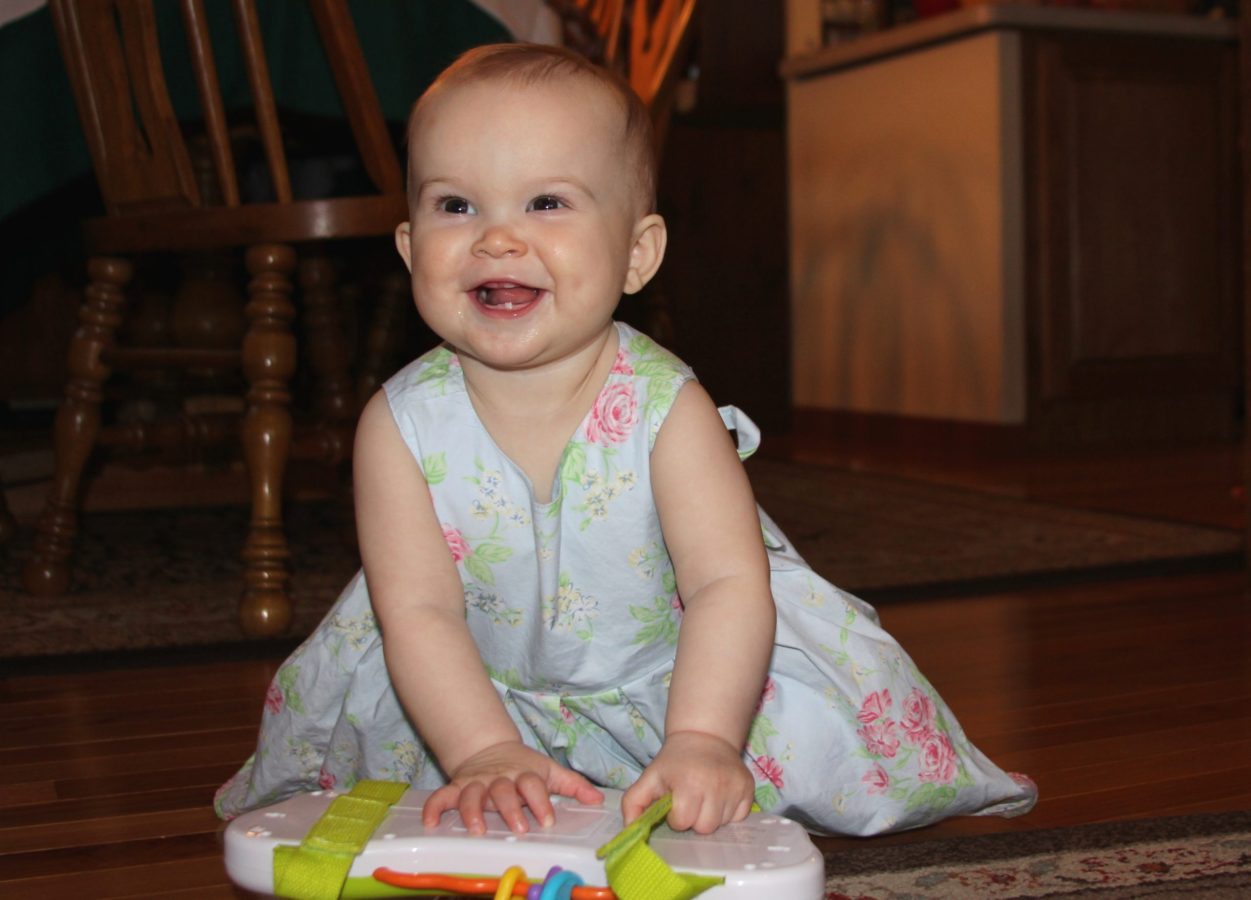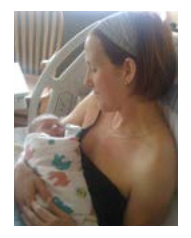I was sitting in the special-care nursery a few days after Felix was born, trying in vain to breastfeed my son. My milk hadn’t “come in” yet and he was having trouble latching properly. I turned to my husband, who was sitting beside me. “You know, I’m totally going to try to make breastfeeding work out this time,” I said. “But if he needs more than I can give him, I’m not going to hesitate to supplement.”
This was a big change in attitude from how I felt about our first baby. When Lydia was born I was committed to exclusively breastfeeding, but it didn’t work out.*
*Read about Shannon Keough’s difficult experiences breastfeeding her first child at mnparent.com/breast-is-best.
My “failure” to breastfeed exclusively caused me a lot of shame and made the immediate postpartum period a sad and stressful time. But once I allowed myself to supplement my daughter with formula, things suddenly became more manageable. With baby No. 2, I decided I was going to do what I could to have a more enjoyable experience, even if that meant risking “nipple confusion.”
Open-minded, prepared
So before Felix was born, I gathered my supplies — lactation-promoting herbs, my breast pump and a big supply of Domperidone (a drug that increases prolactin in the body and thus also increases milk supply).
“Every breastfeeding relationship is different!” is a refrain I’ve often heard. I was hopeful things would go smoothly the second time around.
But, if not, I was prepared for that, too. I got out the bottles and bought a can of formula.
When Felix came home, we eventually settled into a breastfeeding “groove.” I occasionally gave him a bottle, but he’d always go back to breastfeeding.
Nipple confusion didn’t tear us apart!
Self-weaning?
We went on like this for months, until at around 8 months old Felix started to “self wean” — that is, he was rejecting breastfeeding. I kept pumping for several weeks, but when the Domperidone ran out, my supply suddenly tanked.
“Well, I guess that’s it,” I thought to myself.
I was wholly unprepared for the crash that followed.
At first, I felt some mild sadness over the end of the breastfeeding relationship. Since we weren’t planning to have any more children, this was clearly the end of an era. But it was an understandable sadness and I wasn’t too concerned about it.
Depression, dread
Then things started to get a little darker. I remember looking at Felix one day as he played adorably on the kitchen floor and suddenly being overwhelmed by a feeling of dread and horror. “He’s going to experience so much pain and loss in his life!” I thought, anxiety looming. “What have I done?”
My depressive mood intensified. I was exhausted and frequently weepy. I had tons of work, but could barely concentrate. I remember stumbling through a meeting that I was meant to lead, convinced everyone could see me for the fraud I was. Afterward, my client told me I did a good job. I was sure she was being sarcastic.
I had enough self-awareness to realize these were depressive symptoms probably brought on by weaning, but that did little to make things better.
I had an academic idea of what I was supposed to do — eat well, exercise, see a counselor — but my appetite had vanished and I could barely get out of bed to Google “postpartum depression therapist, Minneapolis,” much less go for a jog.
I limped on like this for a few weeks until the fog started to lift. (I think my hormones must have stabilized.)
I started looking into it and while there are quite a few anecdotal reports of depression related to weaning, there’s virtually nothing in the way of official research backing it up. But that doesn’t mean there isn’t a connection!
So to other mothers — notice how you’re feeling when you ease off breastfeeding. If you’re feeling overwhelmed and depressed, ask for help. Parenting is hard work and you deserve to be healthy and happy while you’re doing it.



















